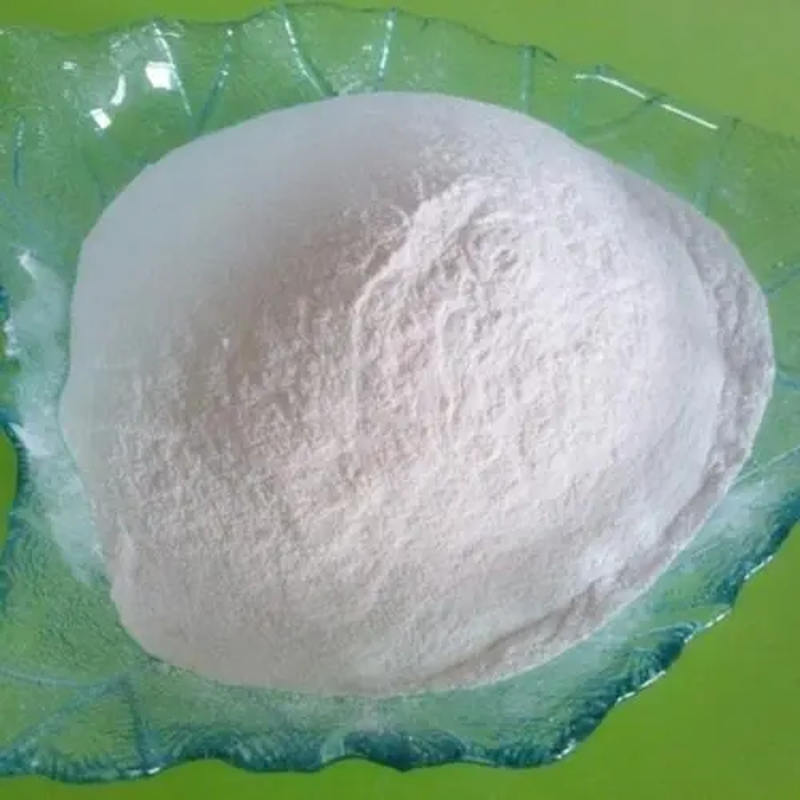-
Categories
-
Pharmaceutical Intermediates
-
Active Pharmaceutical Ingredients
-
Food Additives
- Industrial Coatings
- Agrochemicals
- Dyes and Pigments
- Surfactant
- Flavors and Fragrances
- Chemical Reagents
- Catalyst and Auxiliary
- Natural Products
- Inorganic Chemistry
-
Organic Chemistry
-
Biochemical Engineering
- Analytical Chemistry
- Cosmetic Ingredient
-
Pharmaceutical Intermediates
Promotion
ECHEMI Mall
Wholesale
Weekly Price
Exhibition
News
-
Trade Service
The salt franchise has its advantages and disadvantages for so many years
.
What is doing well is to popularize iodized salt and ensure the supply of salt.
Is salt additive comparable to arsenic? The central government has refuted the rumors
Recently, my country’s table salt is really worrisome.
Following the “foot smelly salt” incident on the market some time ago, the recent rumors that “table salt additives are comparable to arsenic” have attracted the attention of the whole people.
How do you view the successive reforms in the salt industry? These problems and voices appearing? An article on the Internet mentioned that “there is a terrible additive in domestic table salt——potassium ferrocyanide.
” In life, when cooking food, the high temperature of edible salt may cause potassium ferrocyanide to decompose into potassium cyanide.
This highly toxic substance can cause a person to lose the will within 10 seconds, and it can poison a person within a few minutes
.
The online article also mentioned that "the salt provided for the Olympic Games and the World Expo and the salt for export do not contain potassium ferrocyanide
This rumor spread quickly on the Internet
.
Many netizens are worried about the fact that the rumors are difficult to distinguish
There are five kinds of anticaking agents permitted in food additives in China, namely potassium ferrocyanide, sodium aluminosilicate, tricalcium phosphate, silicon dioxide and microcrystalline cellulose, but the Chinese salt industry only uses ferrous iron One kind of potassium cyanide
.
Potassium ferrocyanide is a legal food additive.
There is always an endless stream of negative news about table salt.
How can we distinguish the authenticity and safety of table salt? The editor summarizes the following methods to identify the authenticity and safety of table salt
.
Method for the determination of nitrate
The most common prohibited additive in meat products is industrial nitrite.
After using this industrial salt, the meat is red and full and has a good taste.
More importantly, the use of industrial nitrite can greatly shorten the processing time of meat products.
.
However, industrial nitrite is extremely harmful to the human body, ranging from nausea, vomiting, dizziness, body skin and mucous membranes with varying degrees of blue-purple, and severe convulsions, coma, respiratory failure and even death
The difference between edible salt and industrial salt
There are four differences between edible salt and industrial salt: structurally, edible salt is relatively pure sodium chloride; in addition to sodium chloride, industrial salt also contains sodium nitrite
.
In terms of nature, edible salt is relatively stable and its aqueous solution is neutral; the sodium nitrite contained in industrial salt is relatively stable under dry conditions, but can slowly absorb oxygen and be oxidized to sodium nitrate, and the aqueous solution is alkaline
The method to distinguish the authenticity of small package salt
How to distinguish the authenticity of salt in small packages? There are 4 methods: look for creases in the packaging bag
.
The two sides of the real salt packaging bag are smooth and without creases, and the fake salt packaging bag has creases on both sides; see if the number is repeated.
Food safety is an important matter of people's livelihood.
Only when these problems are solved can consumers eat with confidence
.
However, this needs to rely on food testing equipment







